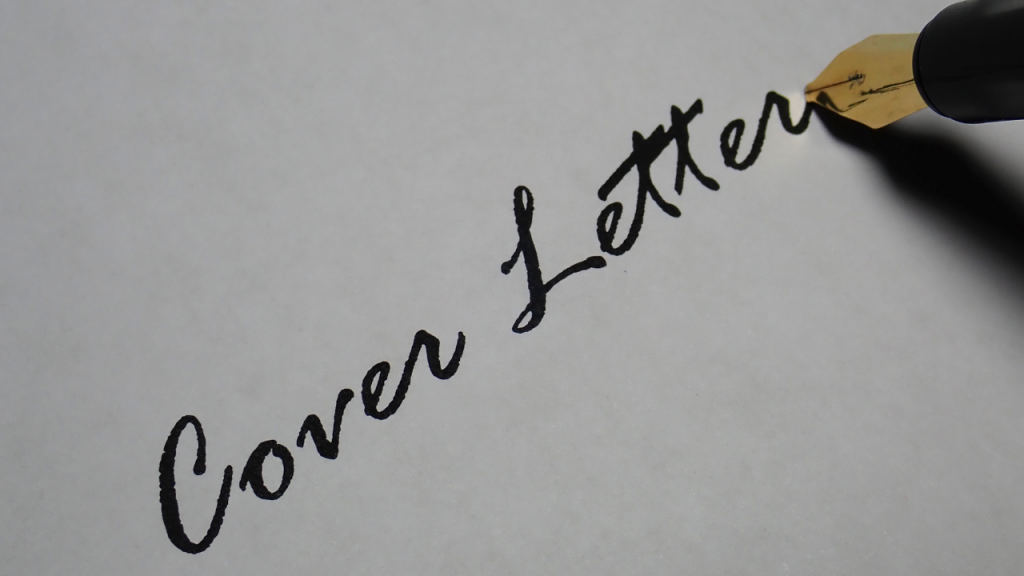In today’s dynamic professional climate, a job interview can be an unpleasant experience for the overwhelming majority of job seekers. Being ready for a job interview could make it less unpleasant and work on your possibilities of getting recruited.
Job interview definition:
A job interview is a meeting between a person looking for a job (called the “job seeker” or “candidate”) and a representative from a company (often the “employer” or “interviewer”).
How are job interviews conducted today?
How job interviews are handled in the modern day has been significantly impacted by recent world events. For instance, the COVID-19 epidemic sparked a movement towards remote employment, substantially impacting how interviews are performed.
In-person interviews used to be standard; today, however, the initial communication with a potential employer may be done over the phone or by video conferencing. Even as society becomes used to the “new normal,” these virtual meetings nevertheless play a crucial role in the recruiting procedure.
Additionally, the interview process nowadays is more all-encompassing, focusing on behavioral interview questions that help employers understand candidates’ attitudes, values, and how they carry out regular duties in the workplace besides their knowledge and skills.
Job Interview Preparation:
The secret to succeeding in job interviews is preparation. The difference between a decent interview and a fantastic one may be made by knowing the hiring process, practicing typical interview questions, and being prepared to highlight your abilities and career objectives.
The following interview advice can help you prepare for your job interview:
Do your due diligence.
The first step should be to comprehend the job description and corporate culture. This means carefully reading the job description and investigating the business.
For example, being aware of the regular responsibilities, necessary qualifications, and frequently asked questions can be helpful if you’re looking for a project manager position.
Use social media
The company’s website and social media channels should then be used to acquire additional information. Understanding a firm’s mission, beliefs, and the work they do can help you decide if the organization corresponds with your professional aspirations and give you helpful information that can be used during the interview.
LinkedIn is important in this context. A well-maintained LinkedIn profile may leave a lasting impression even before the interview starts. It enables recruiters to learn about your employment history, talents, and any recommendations or endorsements you may have gotten.
Create a cover letter.
A strong cover letter might help you stand out from the crowd. It’s an opportunity for you to tell your story, highlight experiences from your previous employment, or even highlight projects or certifications pertinent to the position.
Even if you’re a high school student with no work experience, talking about team projects or jobs where you used applicable talents can be helpful.
Practice, practice, practice
A mock interview is one method for preparing. Practice responding to typical inquiries and describing your professional background, project management expertise, and career objectives. When the actual interview time arrives, this may make you feel more at ease and confident. After all, perfection comes with practice.
Get ready answers to frequently asked interview questions, for example, “Tell me about yourself” and “For what reason would you like to work with us?” Remember that your remarks ought to be certified and appropriate.
When asked why you want the job, be truthful about your interest in the role and the firm. It may be the work environment, the team members you’d be working with, or the prospects for professional development offered by the position.
You’ll be more prepared for the interview and more likely to leave a good impression if you prepare beforehand by completing your research and practicing.
What happens during a job interview?
The interview process might vary depending on the firm and the role, but it usually has numerous steps.
An initial phone interview with a recruiter or human resources specialist may be scheduled. During this initial interview, you can study the job description, review your qualifications, and pose some basic questions.
For instance, if remote work is part of the work environment at the organization, you can be invited for a video chat or in-person interview after the phone interview. The hiring manager, potential team members, or senior executives might be present for this interview, which is typically more extended and in-depth.
In a job interview, you’ll be posed with different questions, from social ones like “Tell me concerning when you dealt with a difficult circumstance at work” to critical thinking ones like “How might you move toward this specific task?”
The subject of wage expectations might come up eventually during the interview. Although it’s a complex subject, it’s crucial to be ready. Examine standard pay scales for the position while considering your skill set and relevant work experience. While remaining sincere, be ready to compromise.
When responding to interview questions, consider applying the STAR approach (situation, task, action, result). Using this strategy, you may successfully organize your comments and give the interviewer a logical story highlighting your qualifications.
For instance, you might outline a scenario, the task you had to accomplish, the action you took, and the outcome of that action.
First Impression is the Last Impression:
In a job interview, how you come across to the interviewer depends significantly on your first impression. Nonverbal cues are just as significant as verbal cues. For instance, confidence and involvement can be communicated through body language and eye contact.
If the interview is in person, take a confident stance, make eye contact while speaking or listening, and extend a solid handshake. Fidgeting or crossing your arms could make you feel uneasy or uninterested.
Your appearance also affects how people perceive you. Your clothing should be appropriate for the workplace. If you need more clarification, it’s preferable to err on formality rather than informality. Look up the company’s dress code to understand what is appropriate.
What happens after a job interview?
The procedure is finished once your interview is over. The recruiting manager can contact you following your initial interview to review follow-up questions and replies.
You can get a second interview invitation for higher-level positions or at more prominent companies. During this phase, you might meet more team members or top executives.
Next comes the negotiating and prospective job offer stage. If the business determines you’re a good fit, they’ll offer you a job. This usually contains the position, pay scale, benefits, and start date.
Instead of immediately accepting or rejecting the offer, giving it some thought is essential. Examine the details thoroughly and consider whether the position fits your professional objectives, whether the pay aligns with your expectations, and whether you can see yourself succeeding in the workplace.
No matter what happens, it would help if you continued looking for a job until you formally accepted one. The disappointment and frustration resulting from lost job prospects can be lessened by having other options.
Preparing for success
In spite of the fact that planning for a job interview could scare you, with a fitting attitude, it very well may be a valuable chance to show your talents and reasonableness for the position. Recall that interviews are a chance for both of you to study the association and the job, as well as a chance for the business to do likewise.
Never fail to focus on the way that each interview, whether you get a proposition for employment, is a learning an open door. Each offers an amazing chance to foster your abilities to talk, gain information about different organizations and callings, and grow your expert organizations.
No matter the result, go into every interview prepared, professionally, and with a smile.
Conclusion:
In today’s evolving job landscape, job interviews can be daunting. Being well-prepared is critical to success. Interviews have shifted due to events like COVID-19, often occurring remotely. They’re more comprehensive, assessing both skills and behavior.
Research, social media, and practice are vital. Impressions matter; nonverbal cues and appearance are significant. The process extends beyond the interview, involving follow-ups, potential offers, and negotiations.
Stay resilient and view each interview as a valuable learning opportunity. Approach interviews with readiness, professionalism, and positivity for the best outcome.







